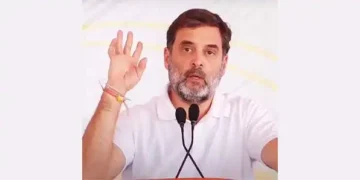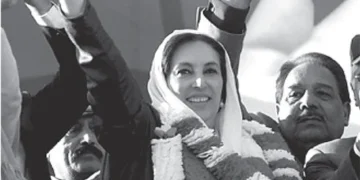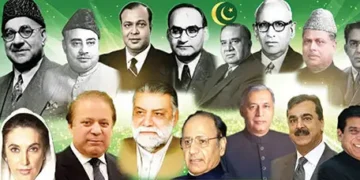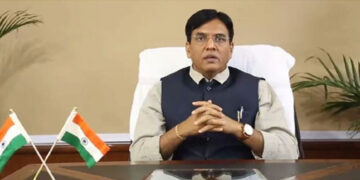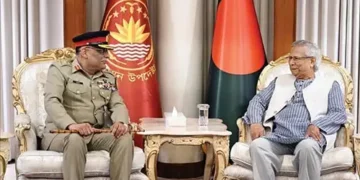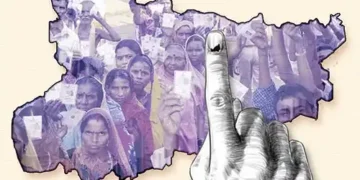MJ Akbar
NANA Patole, who reportedly resigned as President of the Maharashtra Congress, does not understand the party he joined a few years ago. No one sends a resignation letter in Congress. What do you do if, instead of leading your partners to a great victory in Maharashtra, your alliance’s vote share sinks to 35.3 per cent against the BJP-led bloc’s 49.6 per cent, and Congress presence in the Assembly crashes from 44 seats in 2019 to 16 in 2024?
You shrug. You wait. You keep quiet for perhaps two or three days, until the focus has shifted to Kaun Banega Chief Minister? There is always going to be some squabble for office among the victors, so take your time over the mourning period. Life goes on.
You hold on. If Congress leaders had to resign after defeat, Rahul Gandhi would have gone from his post after a calamitous 2014 and left politics after 2019. The only law is: Someone else is to blame. You slink into the shadows after bad news and bask in the limelight if you win. Glory is singular, defeat is plural. In defeat, blame the Election Commission and EVMs.
If that proves a dud, shut the door and take it easy till the discourse has shifted. Did Bhupinder Hooda resign as chieftain of Haryana Congress? No. He is a good Congressman. Learn from your elders, or youngsters. Resignation is a fatal error.
Marginalised by allies
The eternally wise veteran Sharad Pawar sees a pattern: BJP wins the big states while Congress is restricted to small ones. Political space in the broadlands of democracy is being shared between BJP and regional parties. The Congress, vulnerable to the BJP in bastions, has been relegated to the margins even by allies in Uttar Pradesh (UP), Maharashtra, Bengal, Tamil Nadu, Bihar, and Jharkhand. It has lost the status of the largest non-BJP party in Maharashtra. Its presiding family could once contest from any constituency in India. The Gandhis have now made Wayanad in Kerala their political home. Is Indian National Congress becoming the Wayanad National Congress?
Every election in India is a festival of democracy. The high point of the democratic calendar is November 26, the day our Constitution was adopted in 1949. Since debate is a synonym of freedom, it might be useful to recall what was not adopted. One option suggested was a directly elected President as executive head of a federation of states, instead of the more fluid British-style Prime Minister.
Sardar Patel and Babasaheb Ambedkar apparently saw the logic of a stronger institutional check on centripetal forces in an India whose political geography resembled an irrational jigsaw puzzle in 1947. Others, including Jawaharlal Nehru, could not be persuaded. Seven-and-a-half decades later, India has resolved institutional tensions in a very Indian way. The Prime Minister has become as strong as the American President and Parliament as variable as Britain’s Westminster.
NOTE ALLOWED
An old friend from Haryana who has reduced his intake to a mere two kilograms of milk a day and speaks in a musical timbre interspersed now with the occasional English word, dropped by to ruminate. An instinctive anti-establishmentarian, he was disarmingly honest. His predictions about the Haryana elections were wrong. He had heard only the side he wanted to hear. Congress lost in Haryana because the party behaved like victors before voters gave them a victory. It is a familiar mistake, with known consequences.
